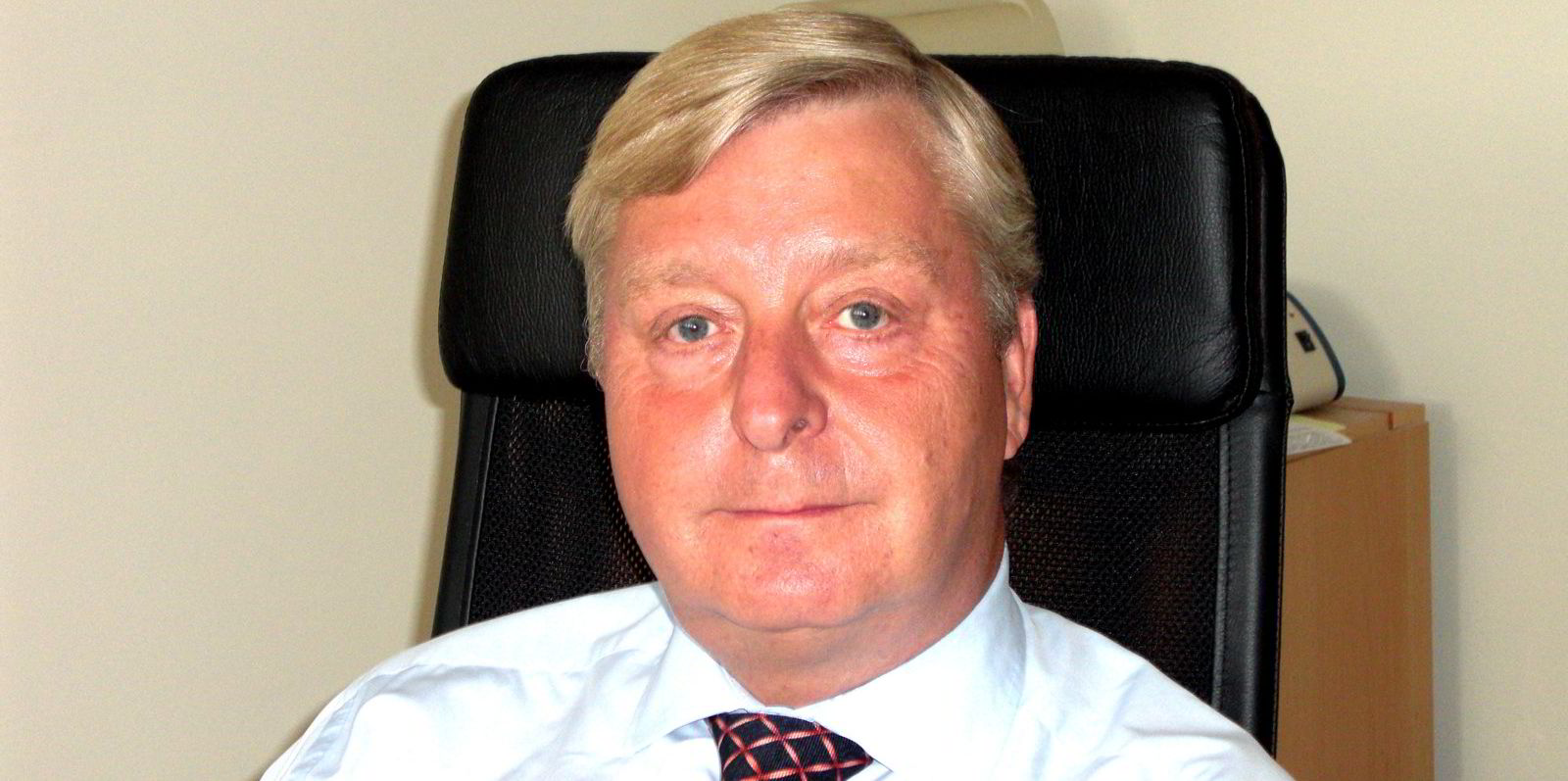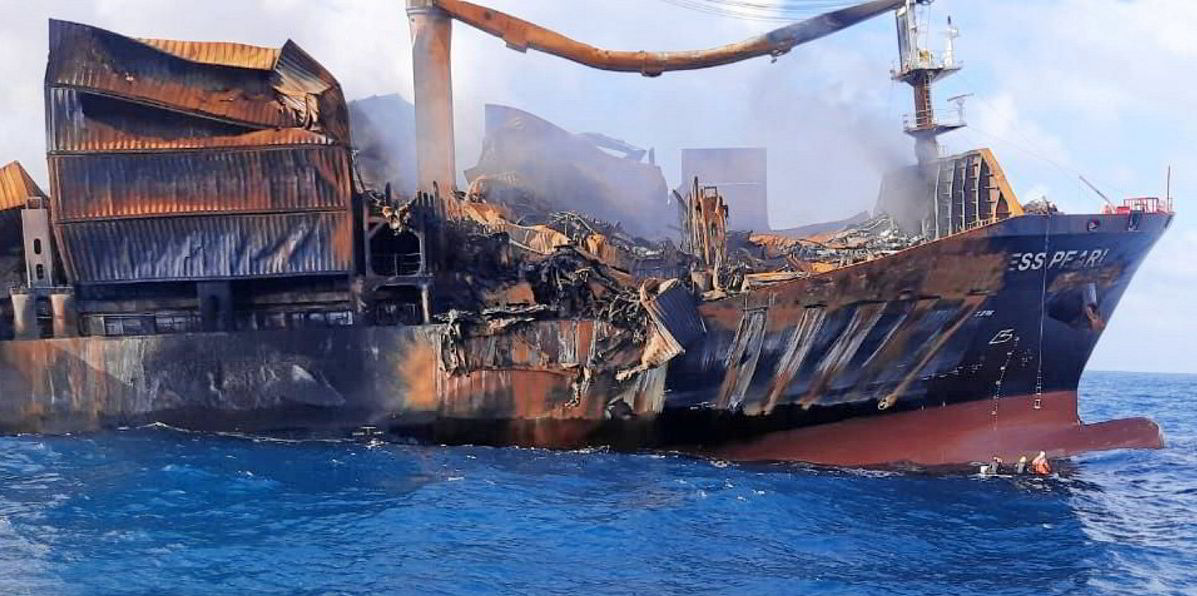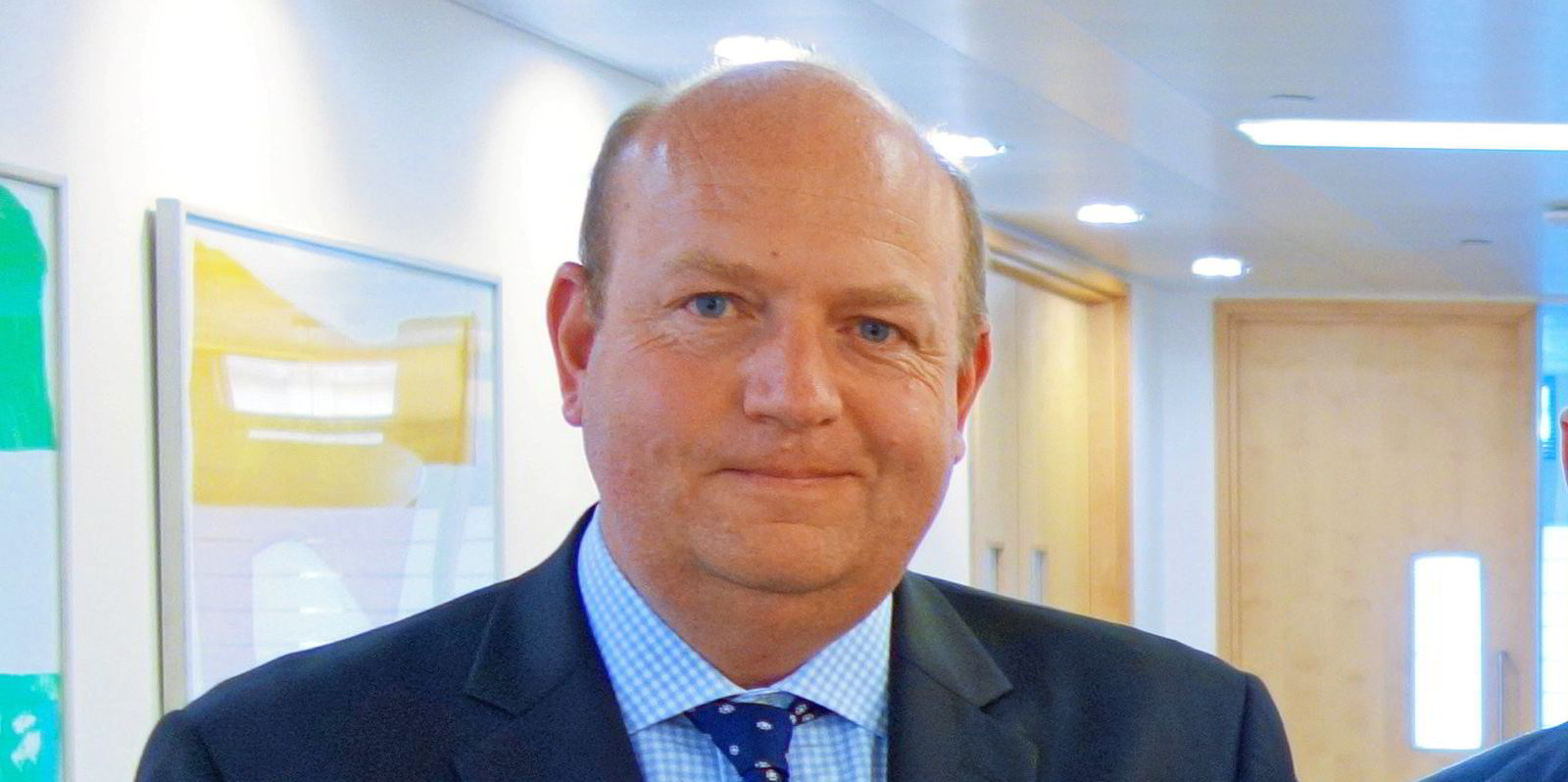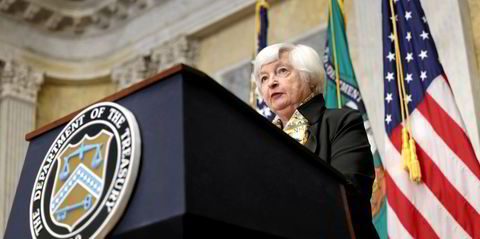Consolidation of protection and indemnity insurers might be back on the cards as strained finances expose the financial fragility of the mutual system.
McGill and Partners marine broker Ken Fichtelman has argued that the small scale of individual P&I clubs makes their finances vulnerable to claims volatility, leading to the current difficulties. Only consolidation would create clubs of a big enough scale to ride out market difficulties.
"The bottom line is that the clubs simply aren't large enough to sustain the extreme volatility that comes with this class of business without showing the effects," Fichtelman said.
"At the end of the day, they are all so small that things don't have to go that wrong for all that excess capital to evaporate, and all of a sudden they are undercapitalised and in a very difficult position."
Another issue is that industry leader Gard has double the P&I income than its closest rival and, together with its other marine insurance lines, is approaching nearly $1bn of annual revenue.
Two-tier system
David Smith, head of hull and marine liabilities at McGill, said his concern is that clubs are pursuing diversification to try and grow their businesses to compete with Gard. But a merger might be the only realistic chance for them to get close.
“Gard is of such a size now that it is becoming a bit of a two-tier system, in order to present Gard with some genuine well-rounded and financed competition perhaps [a] merger would produce a club that could take the fight to Gard,” Smith said.

However, Wilson Europe director Julian South pointed out that mergers are only likely when there is a possible distressed acquisition.
He cited various attempts to bring together UK P&I Club, Standard Club and Britannia that have all failed in the past.
Chasing Gard
"I don’t think mergers will happen unless there is a distressed element, and there is really no need for it," he said. "All they are doing is chasing Gard at the end of the day."
He pointed out that if all of the mutuals operating under the management of Thomas Miller merged, which collectively have $1.3bn in premium income, they could potentially match Gard in terms of size.
But he argues that consolidation talk is more likely to come from distressed clubs under financial pressure rather than successful clubs seeking to grow.
"Mergers and acquisition of P&I clubs are just a lazy path for managers to impress their shipowner boards, none of which have thus far been convinced of the value or argument, hence there has never been any non-distressed merger or acquisition in the International Group," he said.
He suggested that the difficulties of the P&I market are not yet severe enough to trigger mergers.
"We've seen much worse than this, the clubs are much better funded, the shipping industry is much better run, the quality of ship operation today is much higher," he said.







